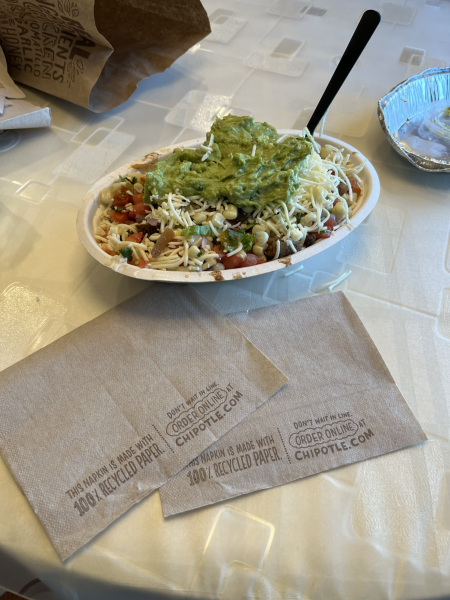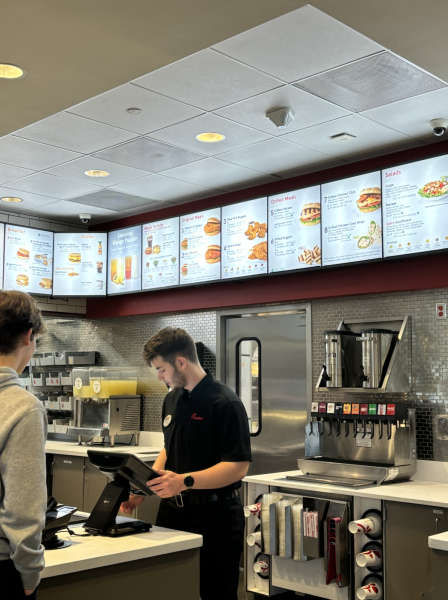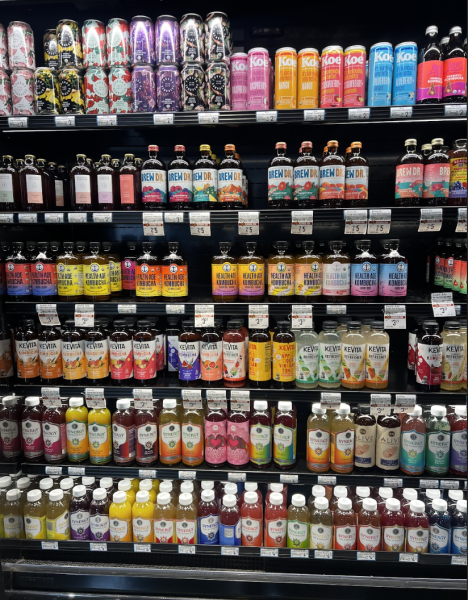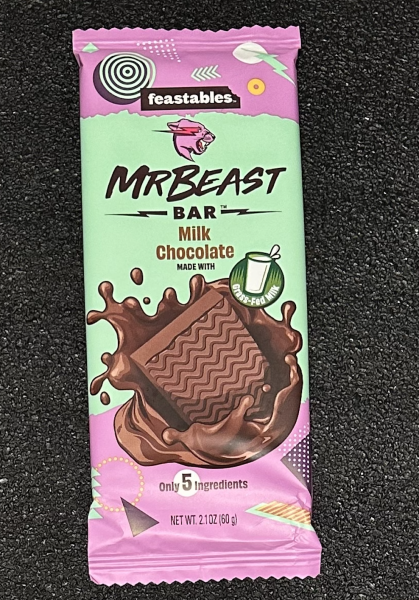Kombucha Cravings
As the year 2017 winds down, the popularity of kombucha has increased even more than over the past few years. Whether it’s for the health, the taste, or just the aesthetic, many have turned to kombucha as a daily beverage.
Kombucha is a type of fermented tea that originated in China around 221 BCE, and was known as the “Tea of Immortality.” As of a few years ago, the second dawn of kombucha came about when organic store and co-ops started stocking up with the tea again.
The contents in the tea, made from the scoby, a slimy disk containing yeast and healthy bacteria, has been proven to aid digestion and internal balances of stomach acid, yeast, and bacteria. Although the word bacteria sounds frightening to many, it’s not the kind that will make you sick, but rather the healthy kind found in other foods such as yogurt and sourdough bread.
Some may believe that the health benefits are myth, but this myth has proven to not be the case. Elizabeth Flinsch, an avid kombucha drinker and home brewer, says, “I don’t use it as a regimen, but I drink it often enough that my digestion health has improved.”
Sometimes the health benefits aren’t enough to attract consumers. Many are turned away from kombucha for different reasons, whether it be the taste, the texture, or the floating mother bacteria (the scoby after it has been fermented), that lives inside of the drink.
Brian Sago, retelling his first experience with kombucha eight years ago, says, “Back then it was just this floating mushroomy -looking thing and I had no idea what it was.” Yes this sight would be a shock, and it still can be for many. Gabby Monahan ‘20 described, “It looks like a jellyfish.”
Sometimes, it’s merely the taste that people don’t agree with. Sarah Yousha ‘20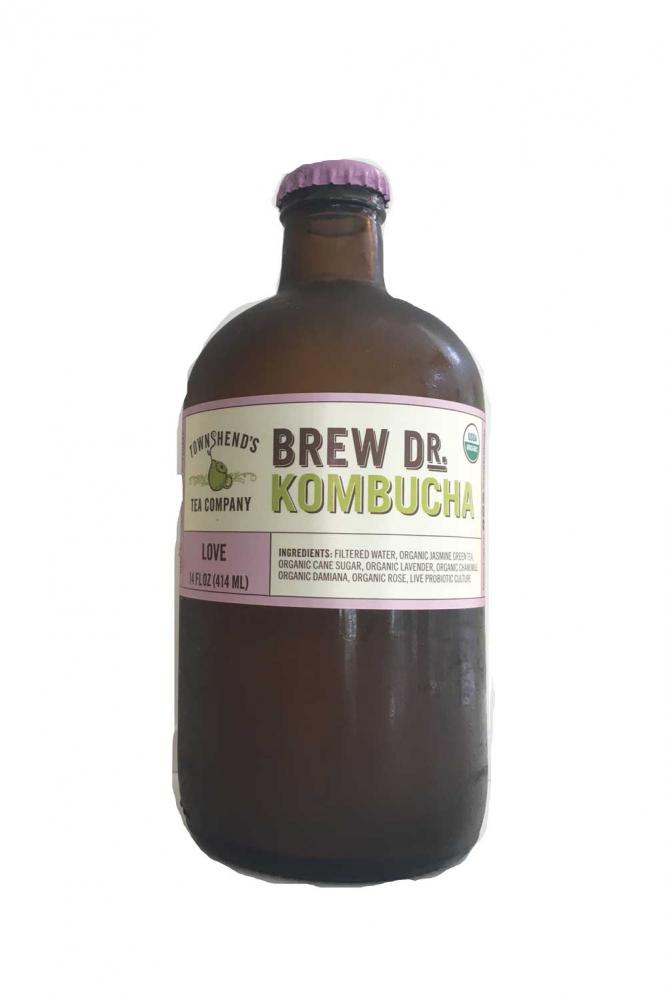 claims, “I think it’s really disgusting. It reminded me of vinegar.”
claims, “I think it’s really disgusting. It reminded me of vinegar.”
Nonetheless, Flinsch justifies the speculation, admitting that “it’s more of an acquired taste, like how you learn to love coffee and things like that. It tastes a little vinegary, and I think that scares people off.”
Whether the sight and taste of kombucha are tolerable or not, the health benefits can only bring positive change. Try brands like Deanne’s Kombucha for a flavor of a Minneapolis brew. And if the knowledge of its contents seem scary, just remember what Flinsch says, “It’s the same exact thing as eating sourdough bread.”

Hi! My name is Elizabeth and I am a first-time Opinions Editor. I love my dog, Gravy, and taking baths.

